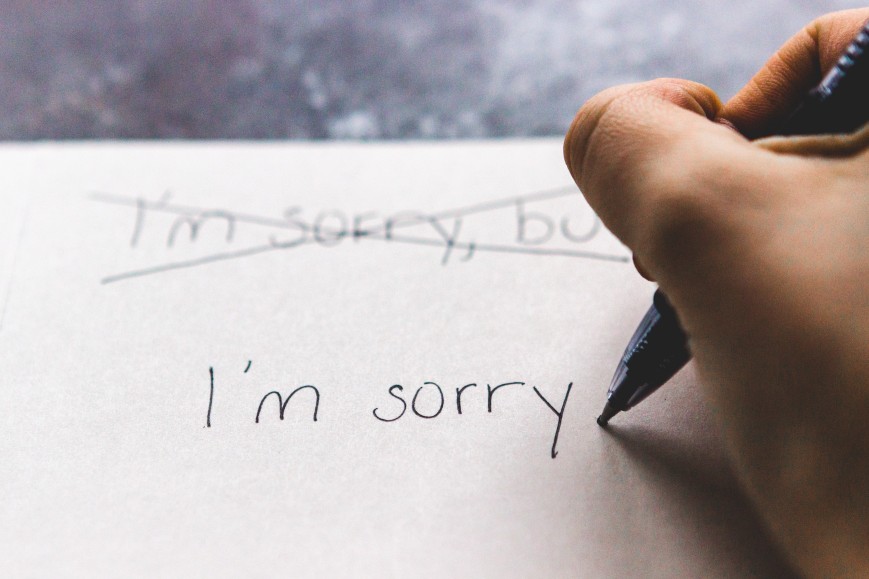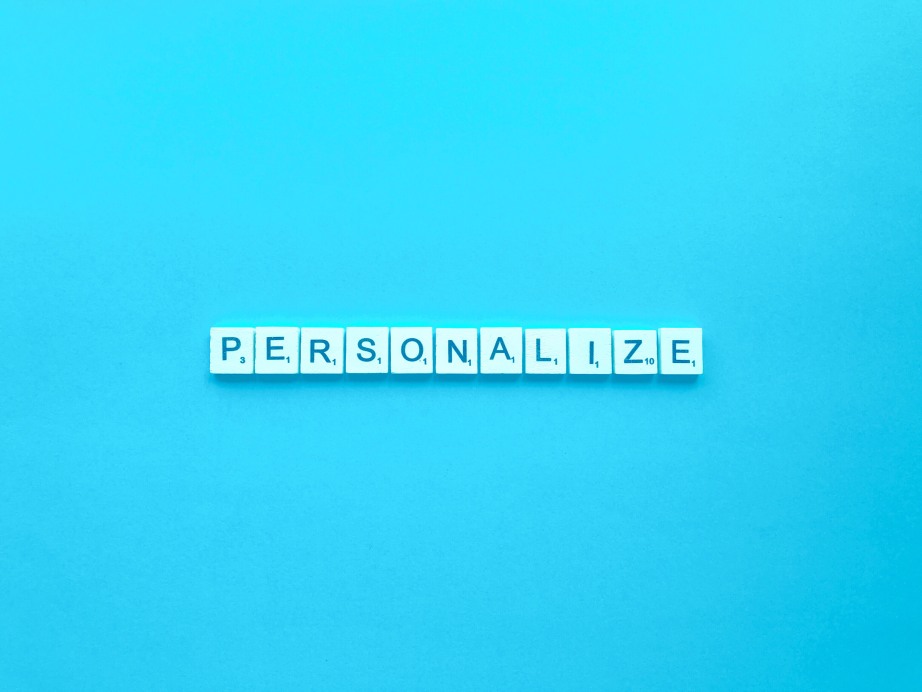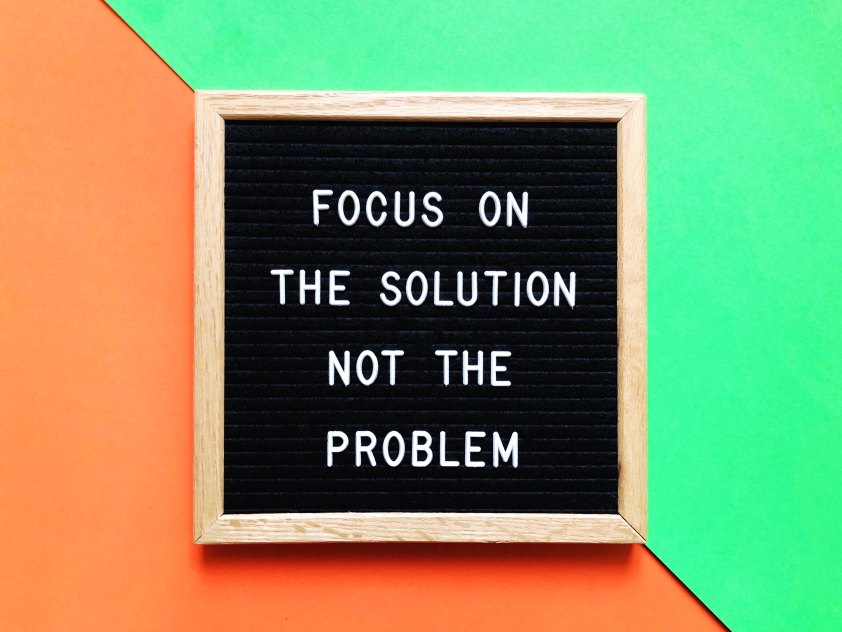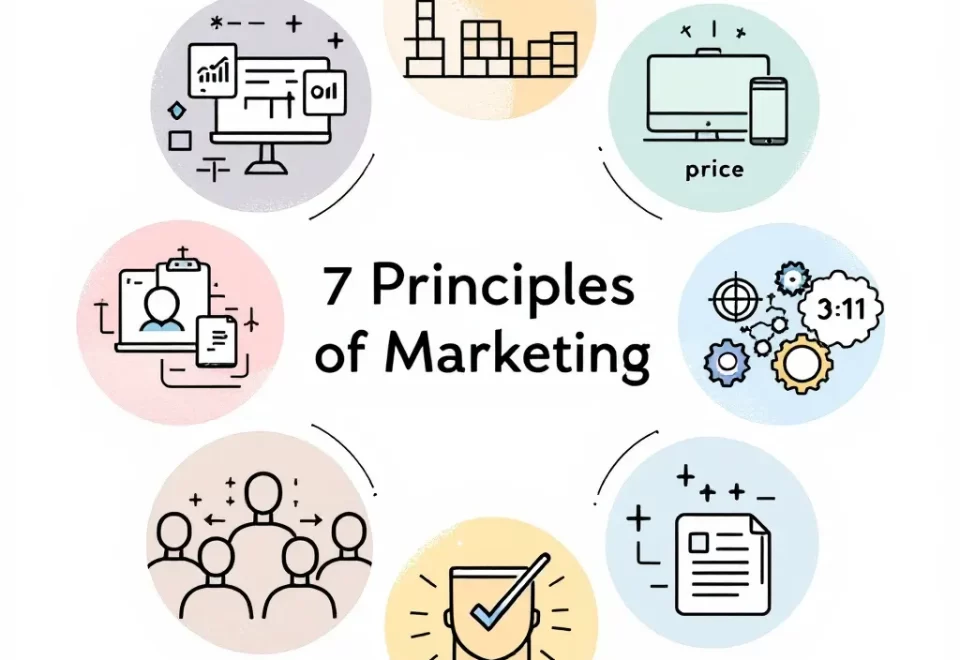Angry and dissatisfied customers taking to social media to complain against brands have become a common sight. While responding to social media complaints is tricky, it’s a skill that marketers must master.
According to research done by Sprout Social, half of the consumers had increased their use of social media in the last six months.
And according to the same report, consumers connect with a brand on social media either to primarily share a great experience or to complain.
From a brand’s perspective, the key to successfully using social media as a tool for customer service is in appreciating positive reviews and responding to social media complaints with the same dedication.
If you feel that responding to social media complaints can be dicey, I agree with you. Those negative, frustrating, and even sometimes toxic messages may test your patience to the core.
Relax, I’ve got you covered.
Here in this post, I am discussing 8 practical tips for responding to social media complaints in the most professional manner and resolving the matter successfully.
Let’s get rolling.
4 Solid Reasons for Responding to Social Media Complaints
If there is one cardinal rule in social media customer service, it is to respond to all customers’ messages, both positive comments and negative ones.
Here are the 4 top reasons why responding to social media complaints is vital for your business.
1. Your Customers Expect You to Respond
A majority of the agitated customers who complain or leave negative comments on social media expect the brands to respond and do so quickly.
That’s why responding to social media complaints in a timely manner is very important for businesses of all kinds. Because these customers have trusted you and purchased your products or services, you owe them a response.
Not responding to social media complaints effectively might increase your churn rate, causing you to lose business.
2. Your Potential Customers are Watching
When your angry customers comment on Facebook or leave a tweet, it’s there for the whole world to see.
While you are making all efforts to impress your potential customers with strong marketing strategies, the negative reviews and complaints may play a spoiler.
Based on how you respond and resolve customer issues, your potential customers may decide whether to connect with you or not.
So, if you ignore responding to social media complaints, you might lose several potential customers without even interacting with them. Thereby, a social media manager is required who can handle these with precision
3. It is an Opportunity to Turn Negative into Positive
While some angry customers may be venting their wrath without any expectation, a majority of them expect to find a solution.
Responding to a social media complaint presents an opportunity for you to turn negative into positive. When you offer an apology or come up with a solution, your customers will appreciate it.
The fact that you are responding to a complaint on social media makes your customers feel heard and valued and they’re likely to continue buying from you. It also helps in boosting your brand’s digital reputation.
4. It Helps Identify and Rectify Gaps in Your System
Social media complaints and negative reviews hold a mirror to the efficacy of your products, services, sales reports, and CRM strategy.
If you see that a bunch of complaints are related to a particular product line or process, you can investigate further and identify the gaps. When you rectify the issues based on customer feedback, customers are ready to pay more for the improved quality.
Let’s say you are a SaaS company and a majority of the complaints you are receiving are related to a specific feature. This indicates a serious issue and requires you to act upon it urgently.
If you neglect to respond to social media complaints, you lose out on spotting such red flags and might end up in a bigger mess later on.
Ready to master the art of responding to social media complaints?
Contact Growth Hackers
8 Expert-Recommended Tactics for Responding to Social Media Complaints Like a Pro
Now that you have enough reasons for responding to social media complaints, take note of these expert-recommended tips to de-escalate complaints on social media.
1. Respond Quickly
Time is of great essence when responding to social media complaints.
According to this Sprout Social report, 57% of customers expect a response within 12 hours of posting a comment.
At the most, you have 48 hours to reply to an agitated customer on social media.
That’s why you should use the best social media marketing software solutions and dedicated team members to watch out for social media complaints and respond to them quickly.
Your initial response may not propose a solution, but it is an indication that you have taken note of the issue and will look into it.
Immediate responses show you care.
2. Apologize and Take Responsibility
Let’s face it, you can’t dodge or hide away from social media complaints. So the best you can do is to begin by apologizing.
Yes, customers can be harsh and offensive while venting their frustration on social media. As a social media marketer, your job is to de-escalate the issue and get the situation under control.
You can do that by offering a genuine apology and taking responsibility for the mistake.
By responding to social media complaints this way, you are reassuring your customers that you will take care of the matter.
3. Set Guidelines for Responses
As I mentioned earlier, irrespective of the tone and manner in which your agitated customers are commenting on social media, your response should be well-drafted and professional.
But when you are racing against time, you might panic and struggle to write an appropriate reply.
The best approach to responding to social media complaints in a hurry is to set guidelines and ground rules.
Based on this framework, you can keep a set of drafts of official responses ready.
Your marketers can use these drafts when responding to complaints. This keeps you consistent and professional with all responses.
4. Personalize Your Response
Now your customers wouldn’t appreciate receiving a generic copy-and-paste response to a detailed complaint. Personalization is of great essence even while responding to social media complaints.
Even though you are using a standard draft for your response, take a few minutes to assess the complaint and provide an appropriate and personalized reply.
Take, for instance, a situation where one of your brand ambassador program subscribers raises a complaint regarding late payment or miscalculation of reward points.
While responding to such a social media complaint, you can address the customer by their first name or title and surname. It’s best to avoid using terms like ‘mate’ or ‘buddy’ despite the brand ambassador relationship.
5. Stick to Minimal Responses
Yes, your responses to social media complaints should be empathetic and convincing, but they need not be lengthy.
It is best not to get sucked into a lengthy conversation where you try to defend yourself or prove a point. Instead, you should stand your ground and post a crisp and positive reply.
6. Take the Conversation Private
You might have heard about the ‘rule of reply twice’ when it comes to responding to social media complaints.
It simply means that a brand should never reply to a person more than twice in the same conversation.
Going back and forth with your replies enables angry customers to spread negativity and hostility. Speak to them over DM, email, or a call to hear out their complaints and resolve them.
Become a pro at handling social media complaints and boost your brand’s reputation now!
7. Offer a Solution
The end goal of responding to social media complaints and any customer query, in general, is to work out a satisfactory solution.
Sometimes when the issue is simple, you can offer a solution immediately. But when dealing with more serious and complicated complaints, you might have to spend a bit more time resolving them.
Get your customer representative to discuss the matter privately with customers and work out mutually agreeable solutions. Therefore, social media for business has become a crucial practice to boost brand awareness.
8. Follow Up
The more complicated customer complaints will take a while to be resolved. That’s why following up with the people concerned in your company is necessary.
At the same time, follow up with the customer to understand if their stand on the matter has changed or if they are considering other options.
Once the matter is resolved, you can politely request the customer to acknowledge the assistance by commenting on their original social media message.
This acts as social proof and a booster for your online reputation.
Get Ready to Respond Confidently to Social Media Complaint
You must be convinced by now that responding to social media complaints can be simplified by putting a strategy in place.
There are smart ways to de-escalate the situation and confidently resolve customer queries.
Along with creating a road map for using social media for customer services, you can adopt proactive marketing techniques to make your products and services better.
Go ahead and try out the tips shared above to turn customer frustration into satisfaction and strengthen your online reputation.
Growth Hackers is an award-winning paid media agency helping businesses from all over the world grow. There is no fluff with Growth Hackers. We help entrepreneurs and business owners respond to social media complaint positively, increase their productivity, generate qualified leads, optimize their conversion rate, gather and analyze data analytics, acquire and retain users and increase sales. We go further than brand awareness and exposure. We make sure that the strategies we implement move the needle so your business grow, strive and succeed. If you too want your business to reach new heights, contact Growth Hackers today so we can discuss about your brand and create a custom growth plan for you. You’re just one click away to skyrocket your business.









1 Comment
Digital agencies help businesses develop comprehensive digital marketing strategies tailored to their specific goals and target audiences.